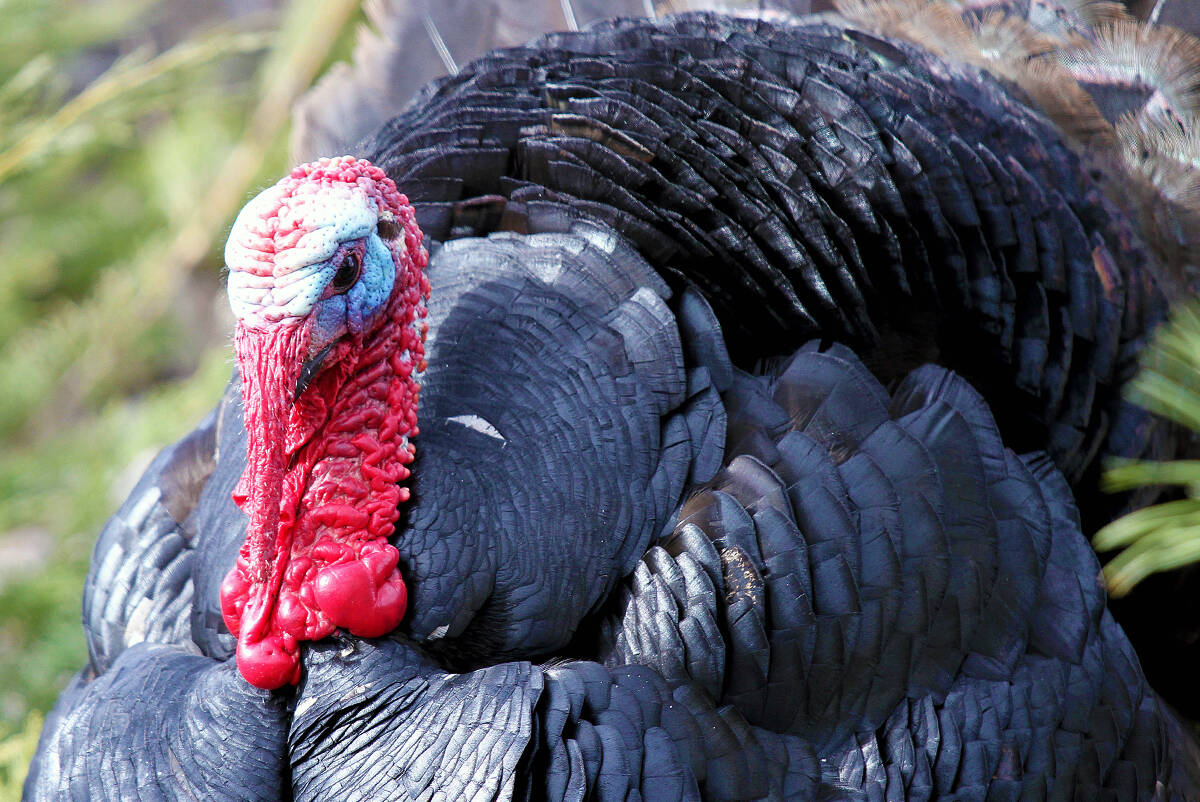Flooding has had minimal effect on Christmas turkey stock, says B.C.’s agriculture minister.
Recent heavy rain across the province led to flooding and loss of livestock, but at a news Friday (Dec. 3), Agricultural Minister Lana Popham said a significant amount of poultry survived. As water recedes, the province can get better grasp on loss and its effect on production.
“Last night, we heard from Harvey Sasaki, the chair of the B.C. Chicken Marketing Board. He noted that we had 61 poultry premises within the evacuation zone and amazingly, 97 per cent of they laying chickens survived … we might’ve been hearing about turkey shortage possibilities, but I can assure you that only two per cent of the annual provincial production has been lost and I think this bodes well as we head towards some holiday meals together.”
However, when asked about turkey prices, Popham said that was an area that could be affected by floods.
“We are going to see some prices reflected around the complications of transport and so, unfortunately, it’s taking longer to get things to where they’re needed and that’s costing the trucking industry more,” she said.
“It’s an unfortunate complication, when we see a disruption like this, but hopefully we’ll see in the new year, as things get more streamlined, that those costs will adjust.”
With waters receding, many of the highways have re-opened to traffic, including Highway 1, between Abbotsford and Hope, and Highway 3, east of Princeton, the province announced. The supply chain is being re-established, Rob Fleming, B.C. Transportation Minister, said.
“Between Highway 3, our lone commercial truck route to the Interior, and the detours that are available now through Washington state, we’ve now seen over 10,000 trucks move products around our province,” said Fleming. “CP rail has been moving freight, CN is working toward a mainline re-opening between Kamloops and Vancouver, expected this weekend. Airlines have continued to increase their cargo flights. Together this has made a tremendous difference.”
Popham also said 98 per cent of cows from the Sumas Prairie survived the flood, which she credited to farmers and communities working together.
RELATED: Fraser Valley farms begin cleanup as flood water recedes

